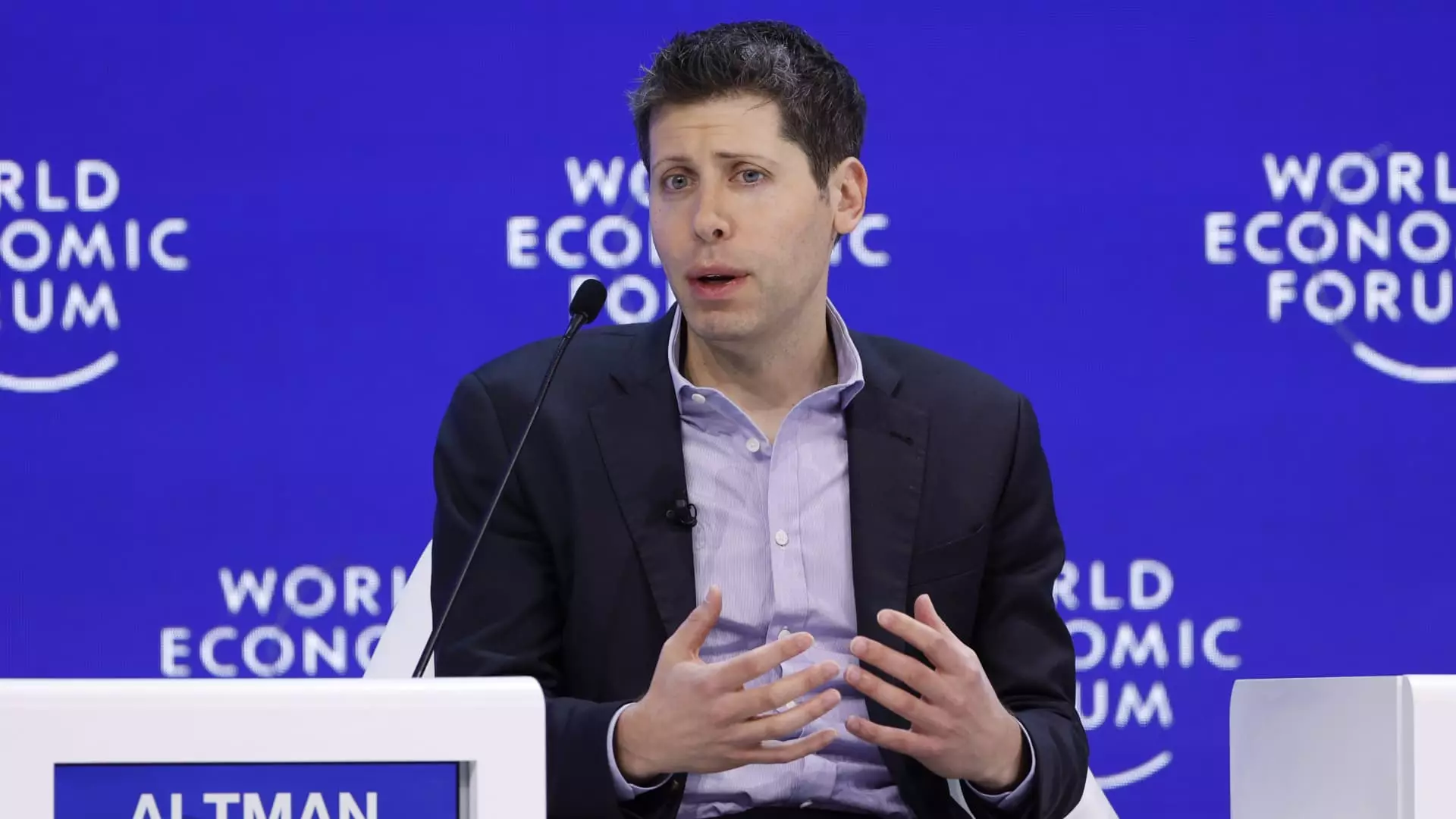Eight U.S. newspaper publishers recently filed a lawsuit against technology giants Microsoft and OpenAI, accusing them of using their articles in generative artificial intelligence products without permission. The publishers claim that both ChatGPT and Microsoft’s Copilot assistant have been reproducing their copyrighted articles without authorization, leading to inaccurate attributions of information.
The group of newspaper publishers, including well-known publications such as the Chicago Tribune and The New York Daily News, filed the lawsuit in a New York federal court, specifically targeting ChatGPT and Copilot. They allege that these AI products have been “purloining millions of the publishers’ copyrighted articles without permission and without payment.” The lawsuit claims that OpenAI has been utilizing datasets containing text from their newspapers to train its GPT-2 and GPT-3 large language models, resulting in the replication of verbatim copies of their works by the GPT-4 LLM.
Although CNBC reached out to both Microsoft and OpenAI for comment, representatives from the companies did not respond immediately. This legal challenge follows a similar lawsuit filed by The New York Times against OpenAI a few months prior for copyright infringement involving the ChatGPT chatbot. In response to the allegations, OpenAI stated that the cases were without merit and expressed its commitment to supporting a healthy news ecosystem.
The lawsuit against Microsoft and OpenAI highlights a growing concern among publishers regarding the unauthorized use of their content in AI models. While OpenAI has signed agreements with certain media companies to improve its AI models, the issue of using copyrighted material without proper authorization remains a contentious issue in the industry. Google, another major player in the tech industry, recently reached an agreement with Reddit to train AI models on the platform’s content, signaling a shift towards more collaborative partnerships between tech companies and media organizations.
The lawsuit filed by the newspaper publishers against Microsoft and OpenAI underscores the challenges faced by the media industry in protecting their intellectual property in the age of AI. The outcome of this legal battle will likely have far-reaching implications for how technology companies utilize copyrighted material in their products. It remains to be seen how Microsoft and OpenAI will respond to the allegations and whether they will make changes to their AI models to address the publishers’ concerns.

